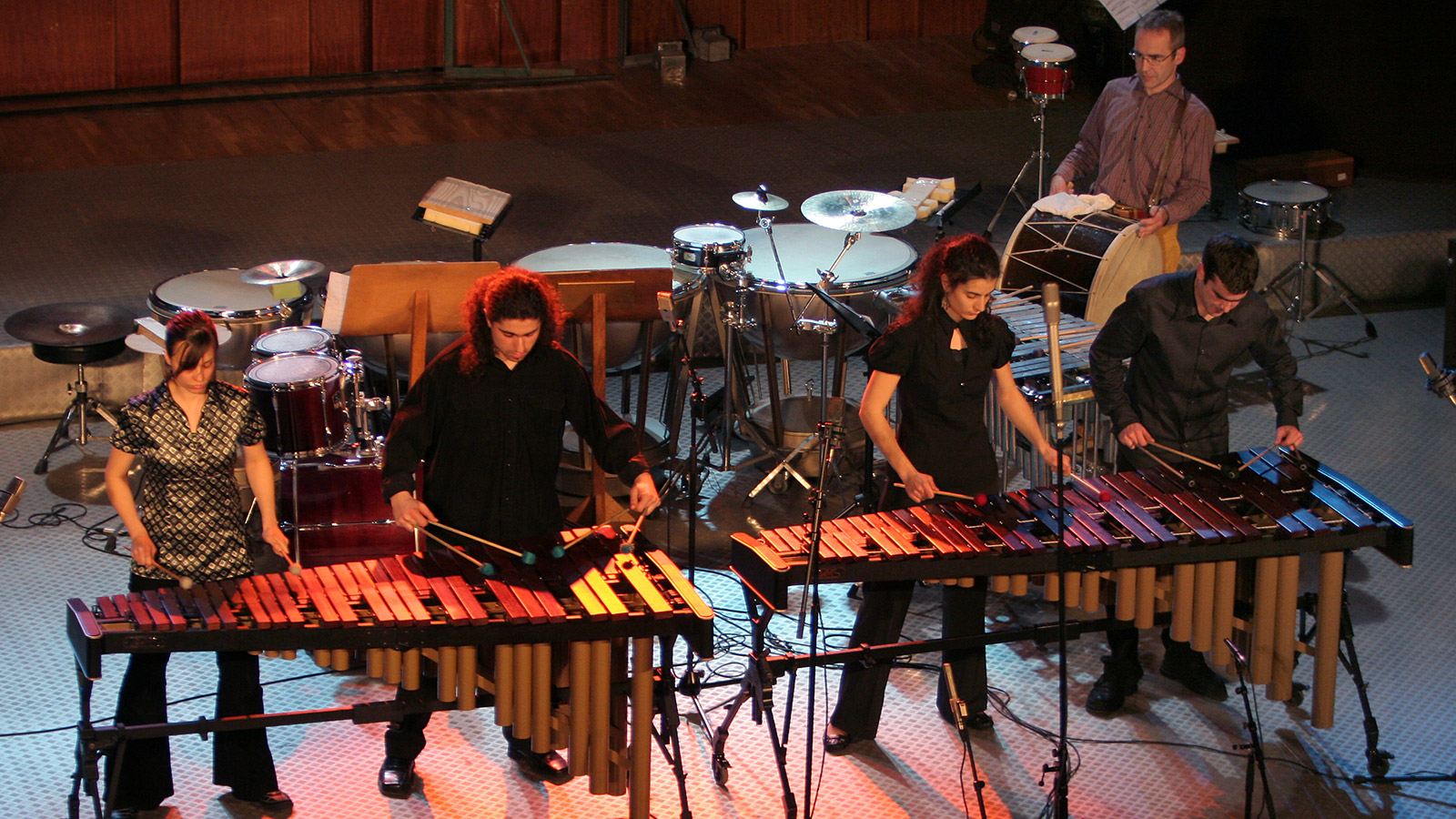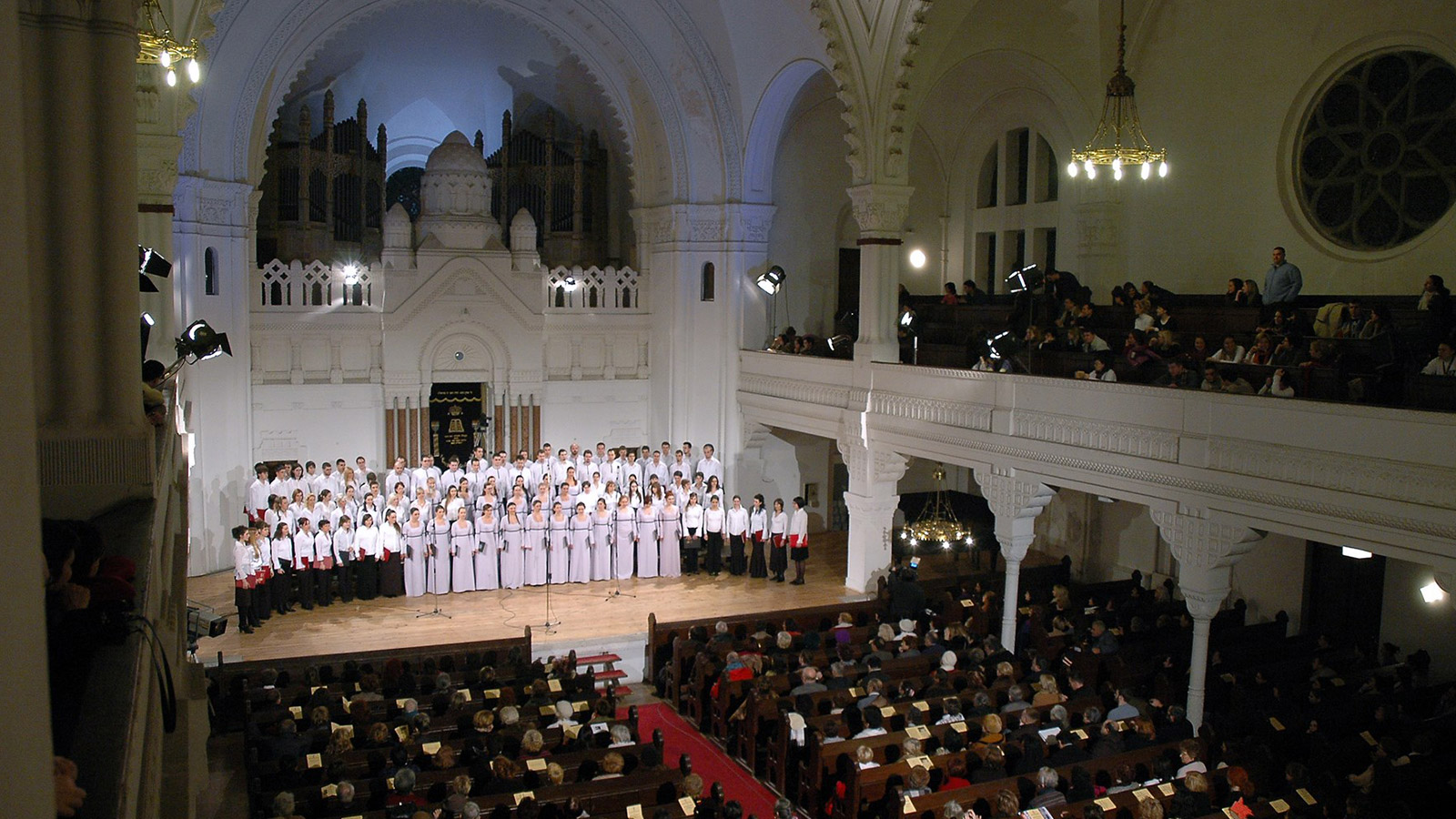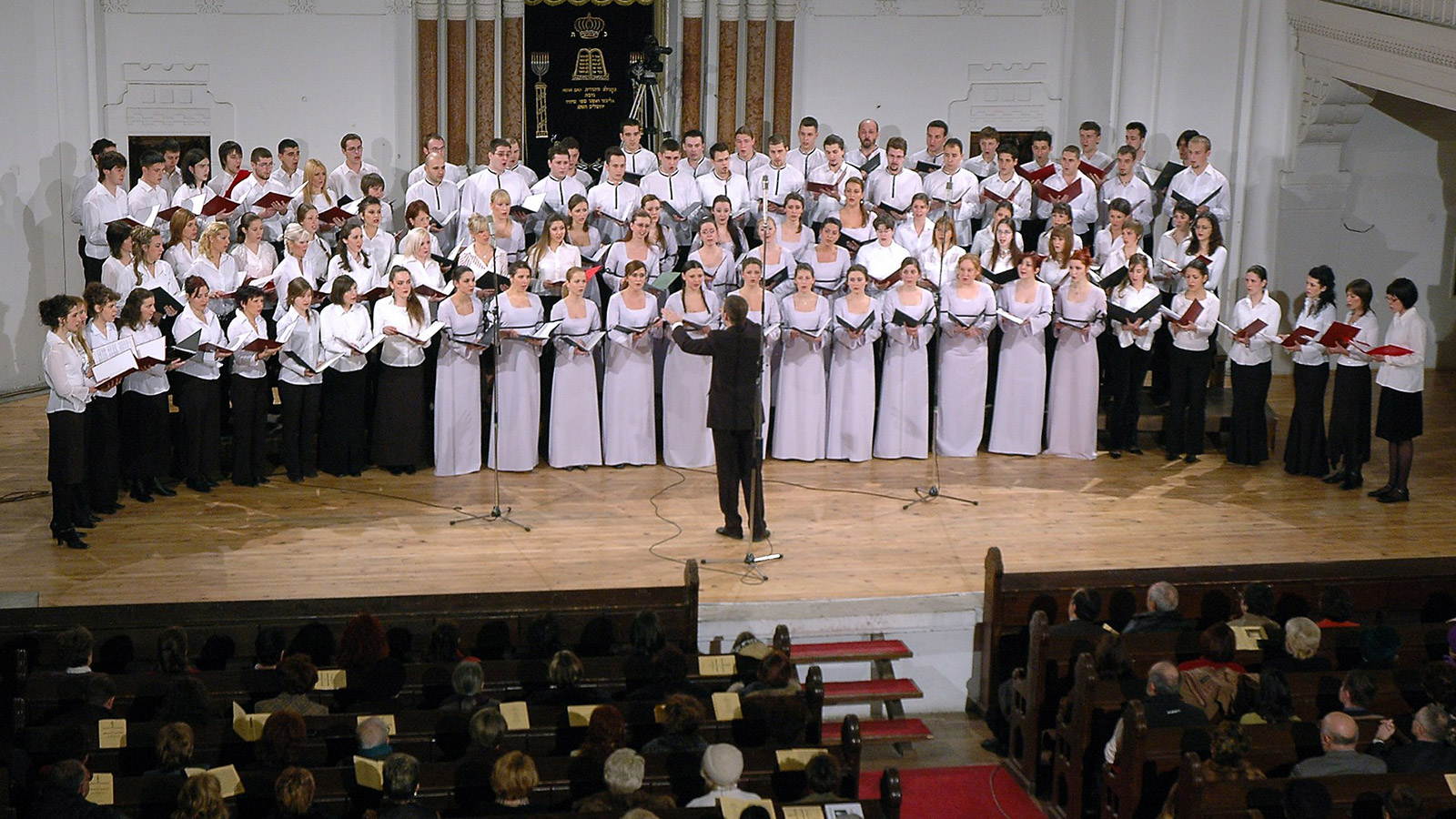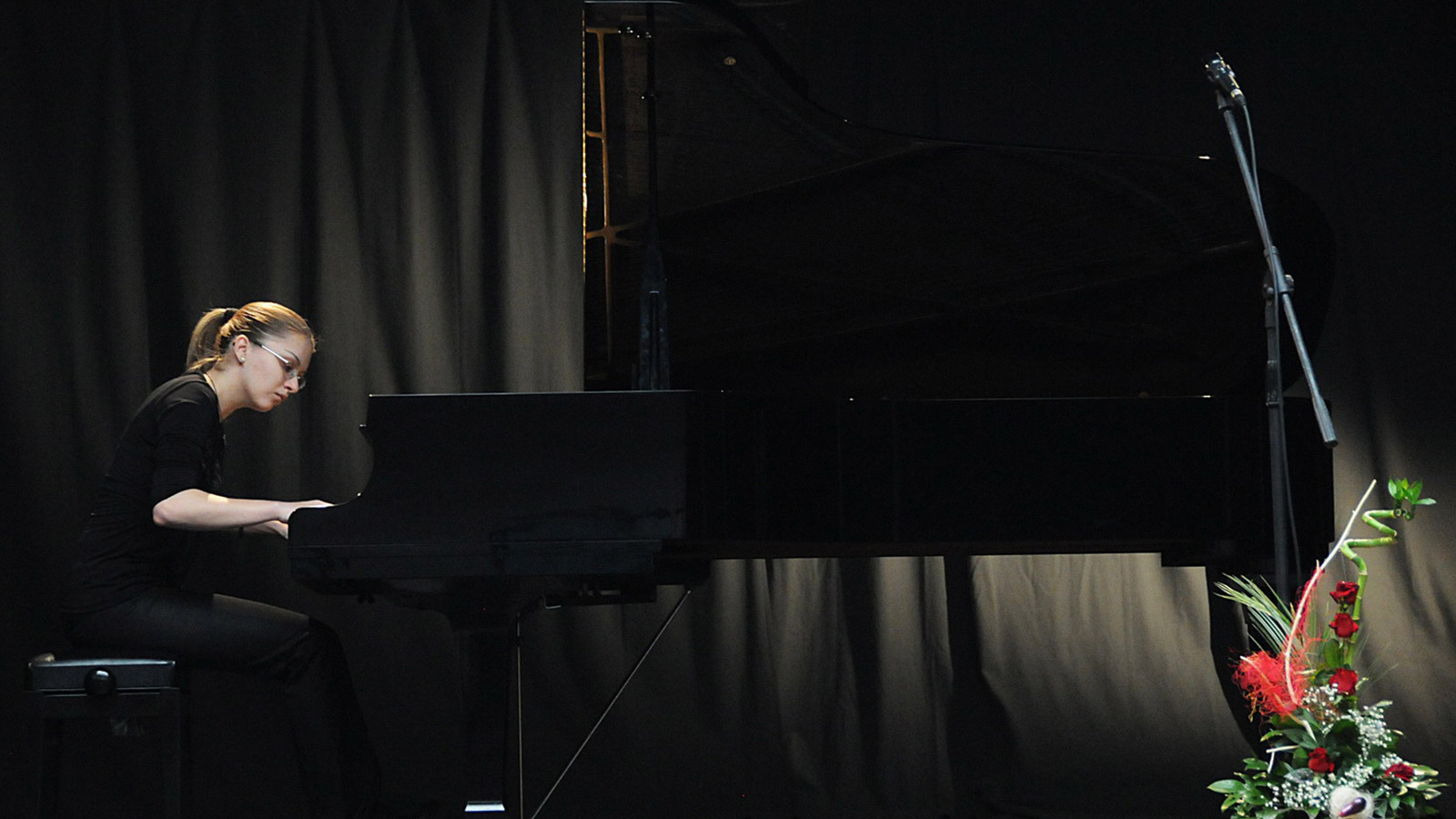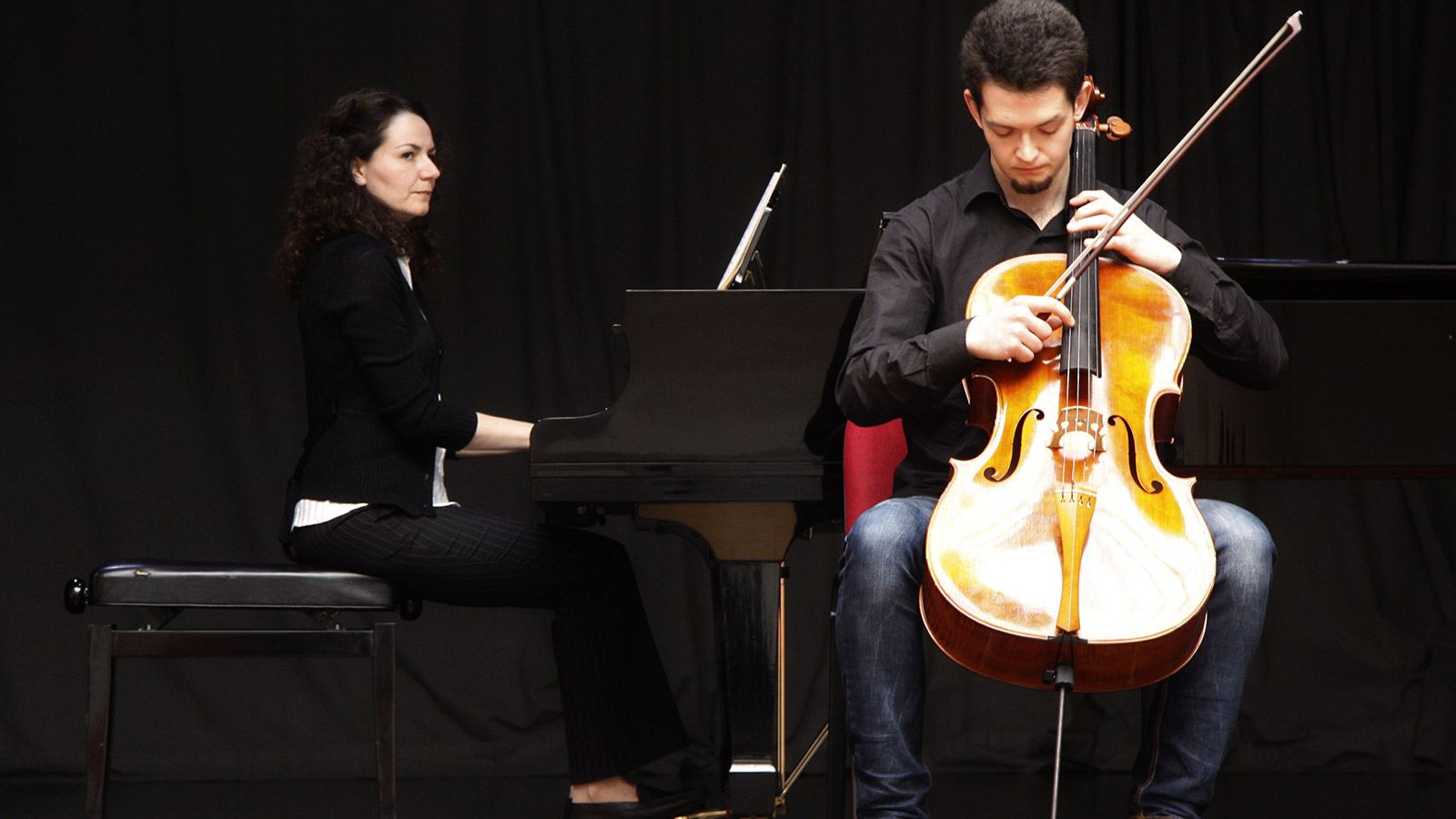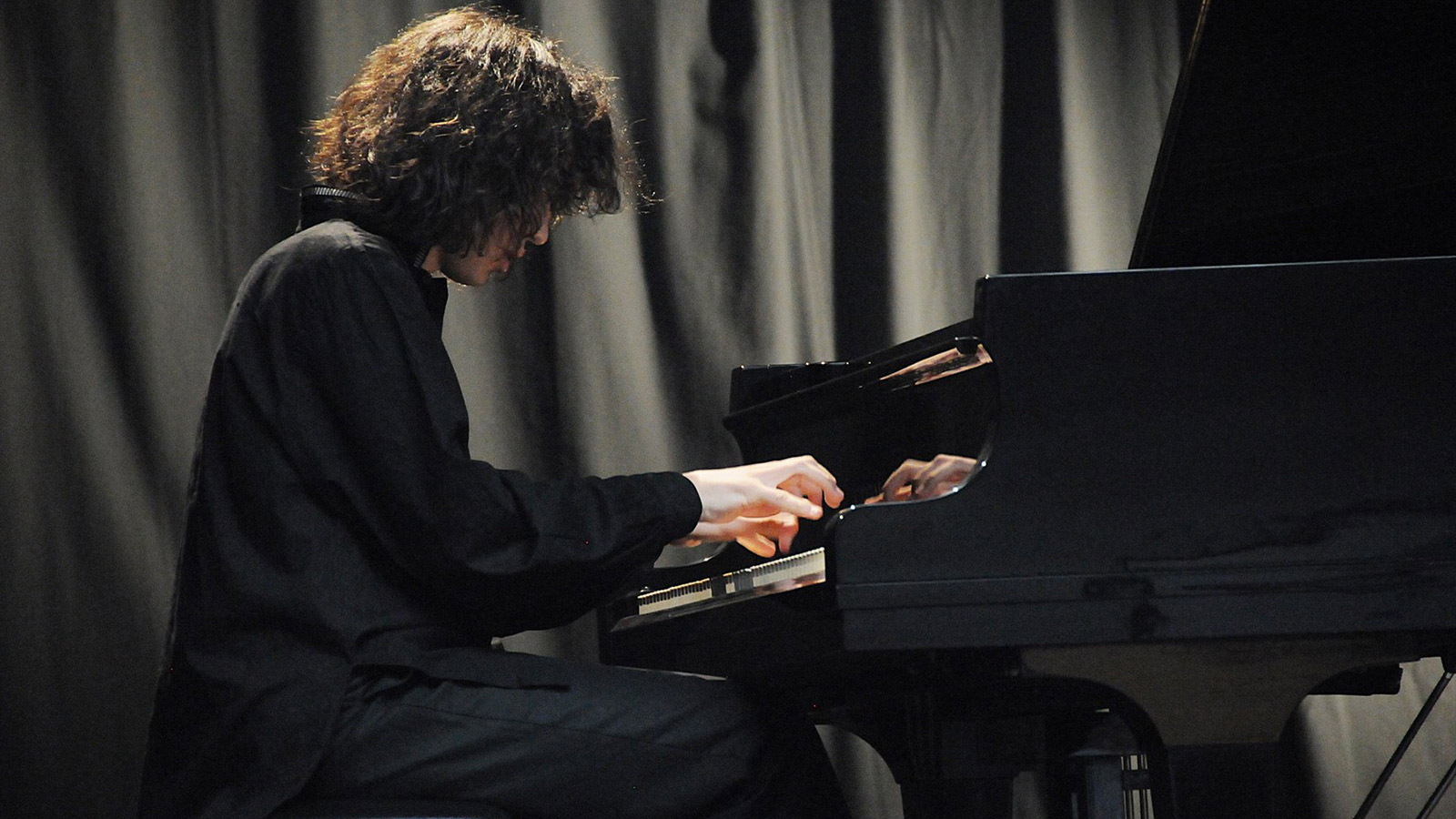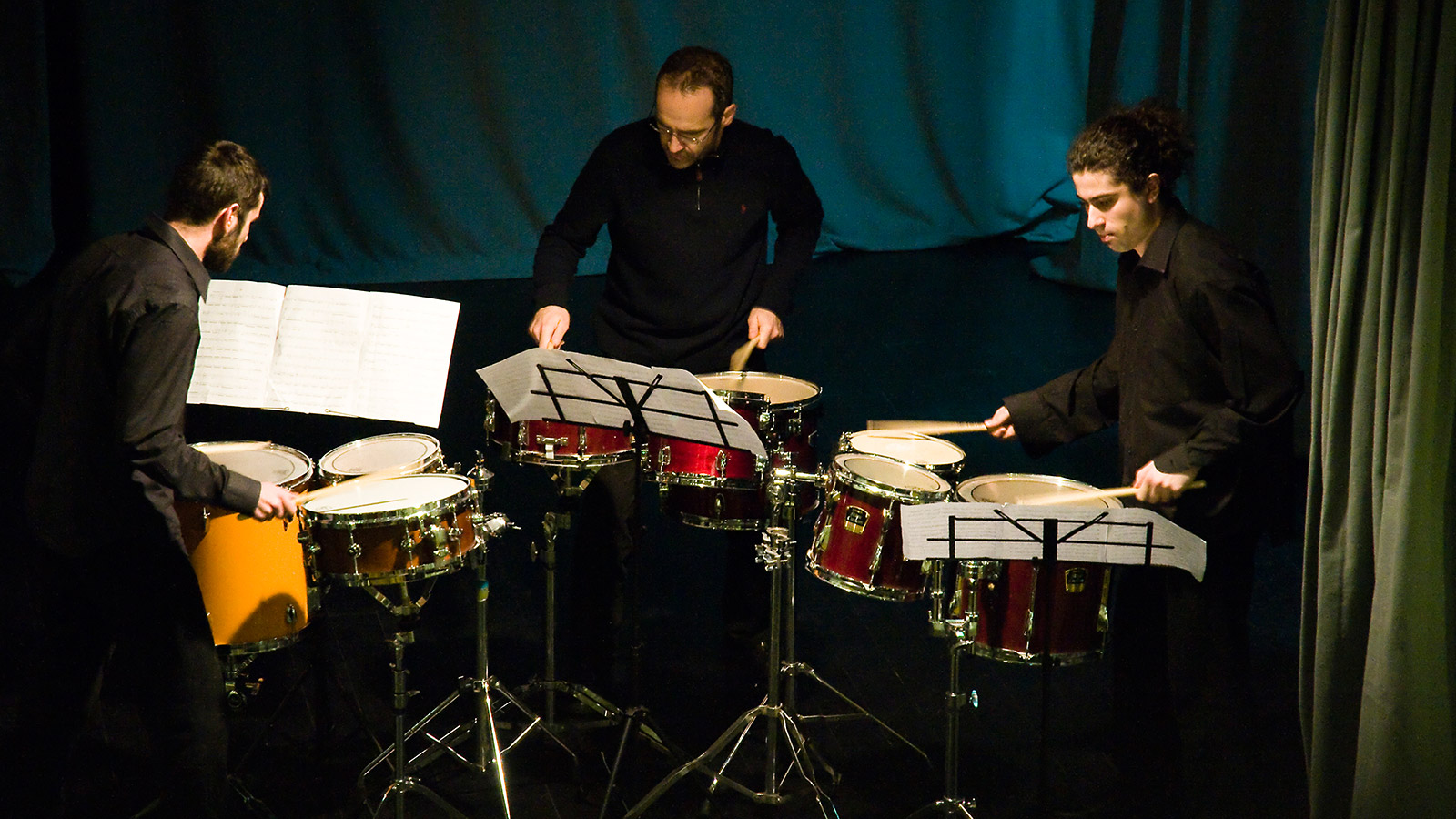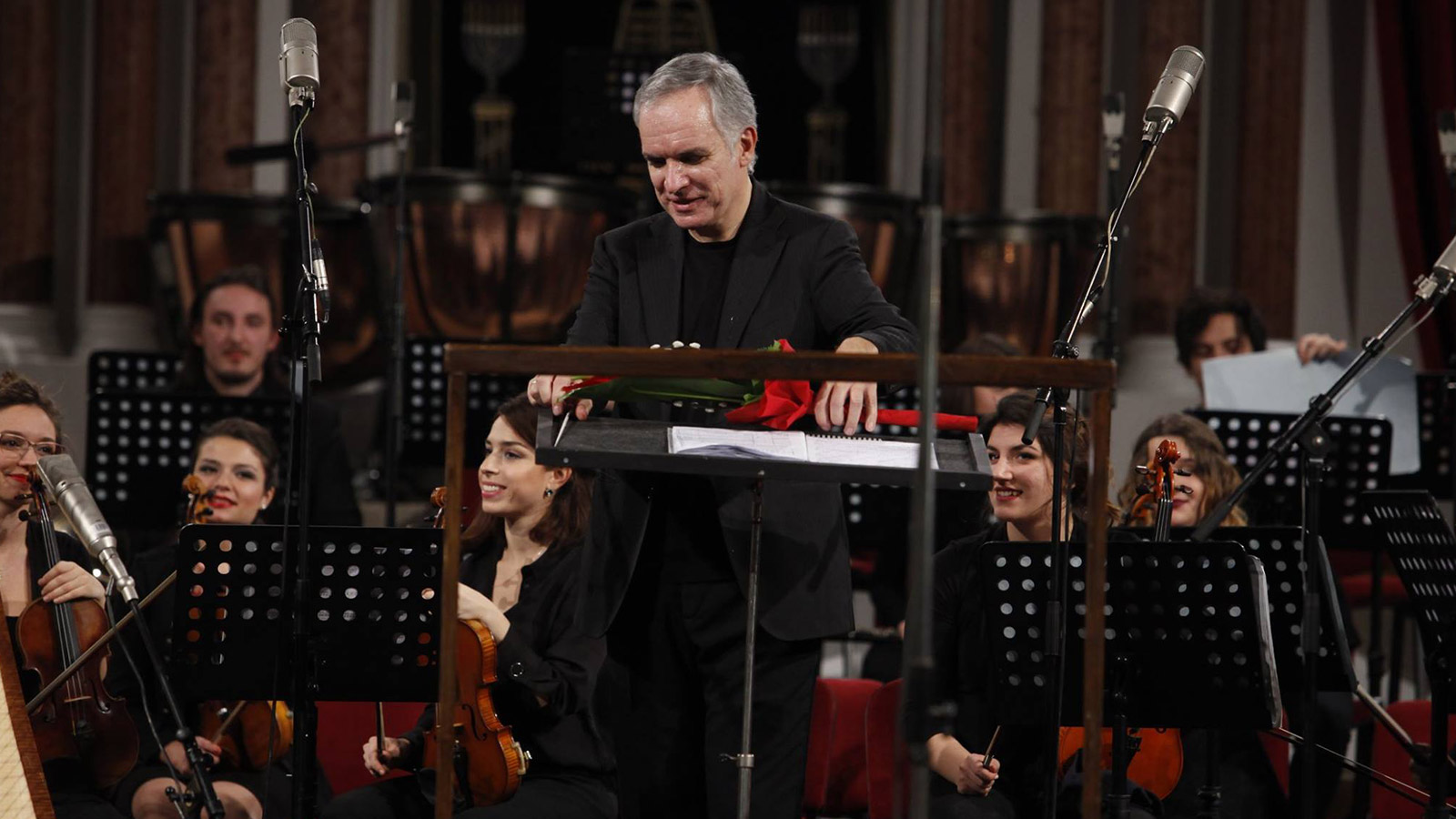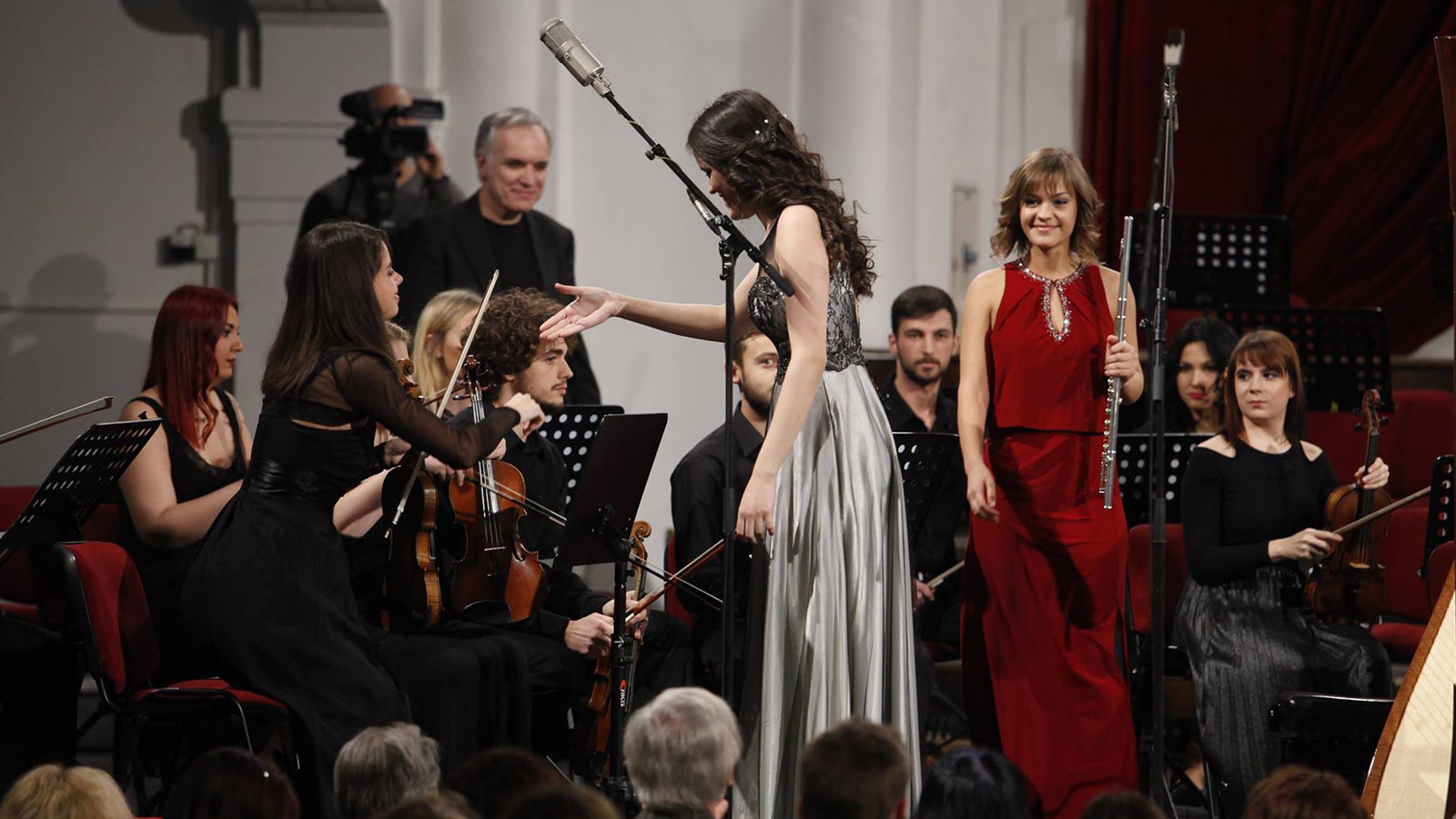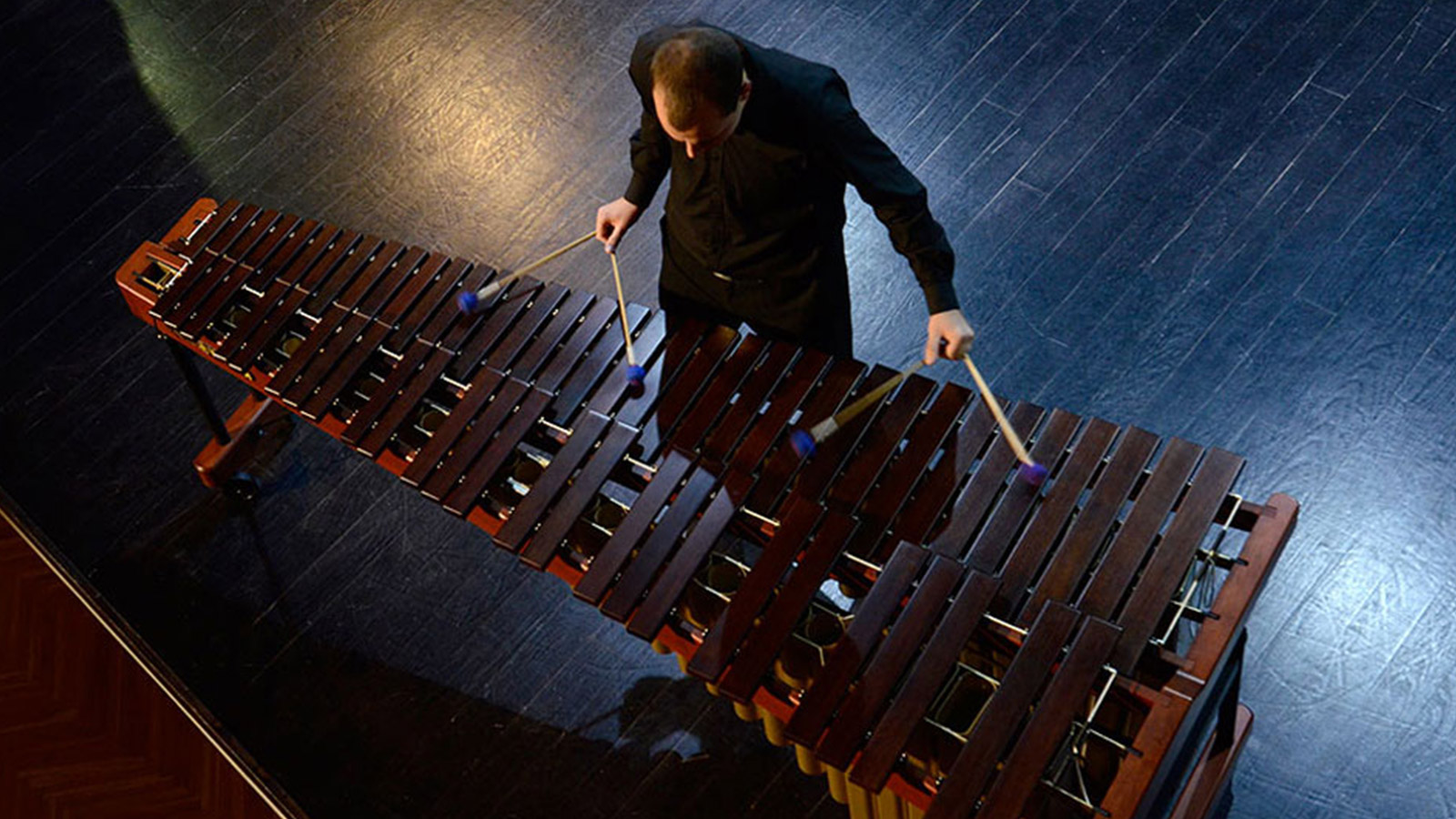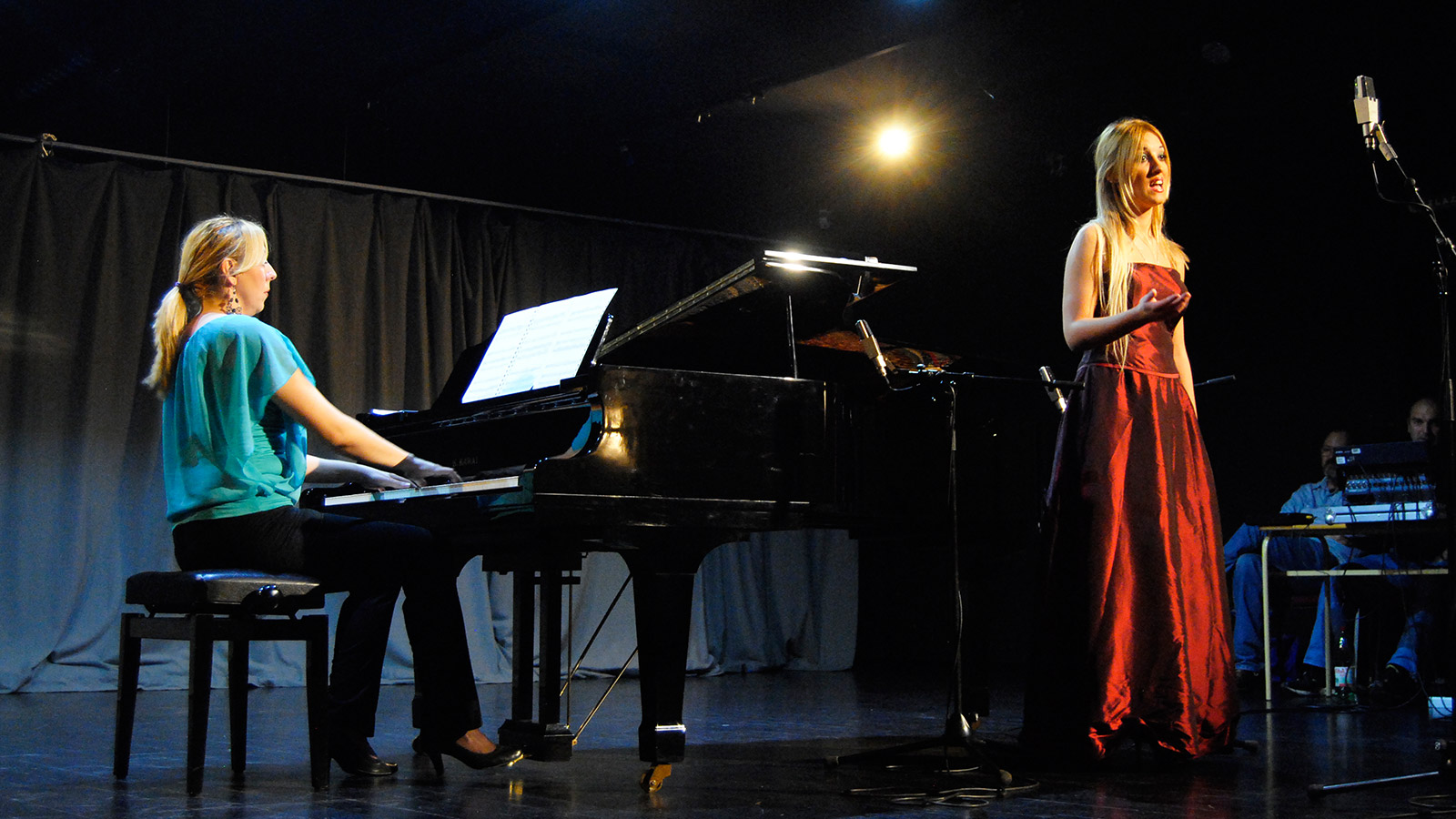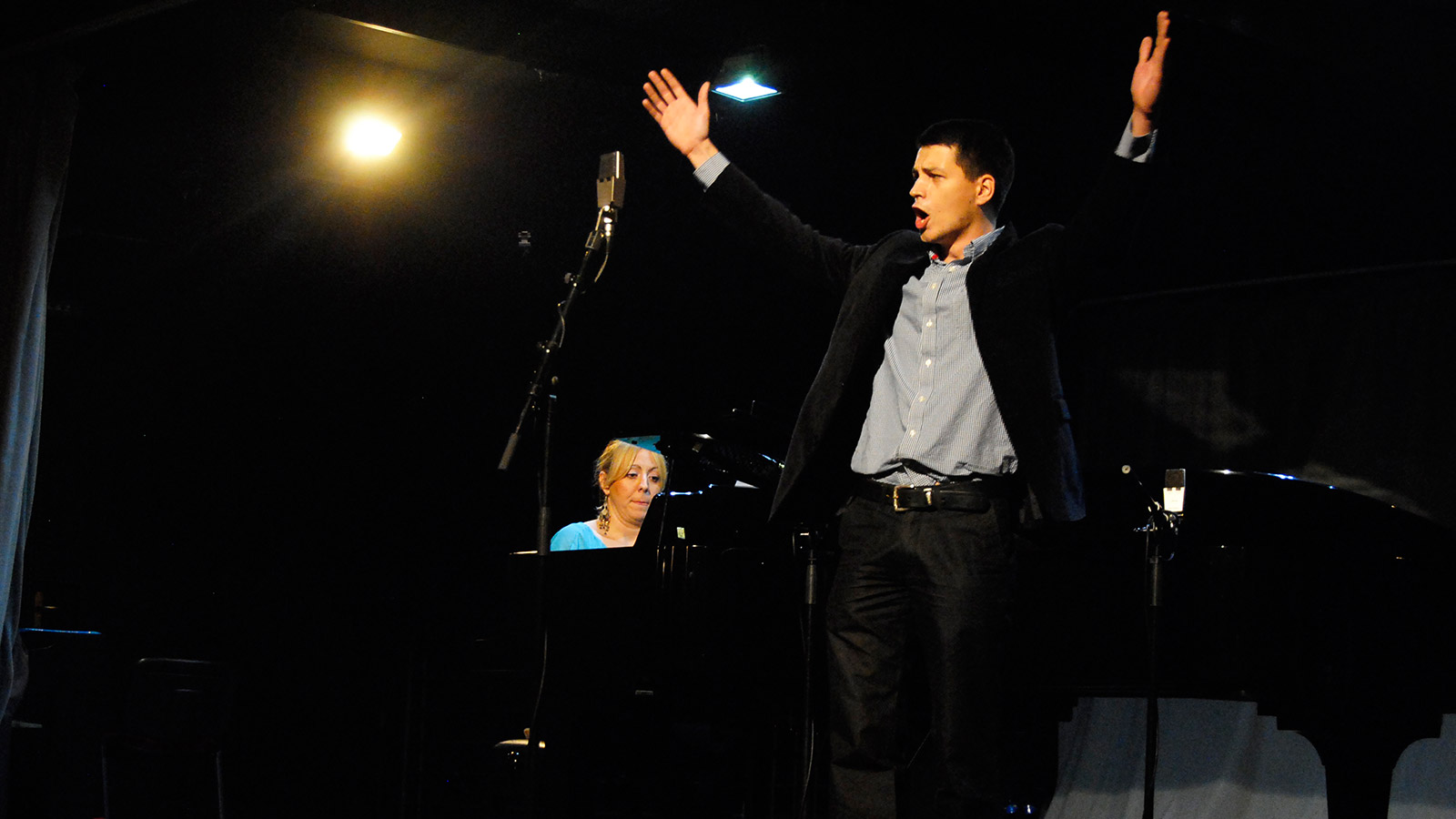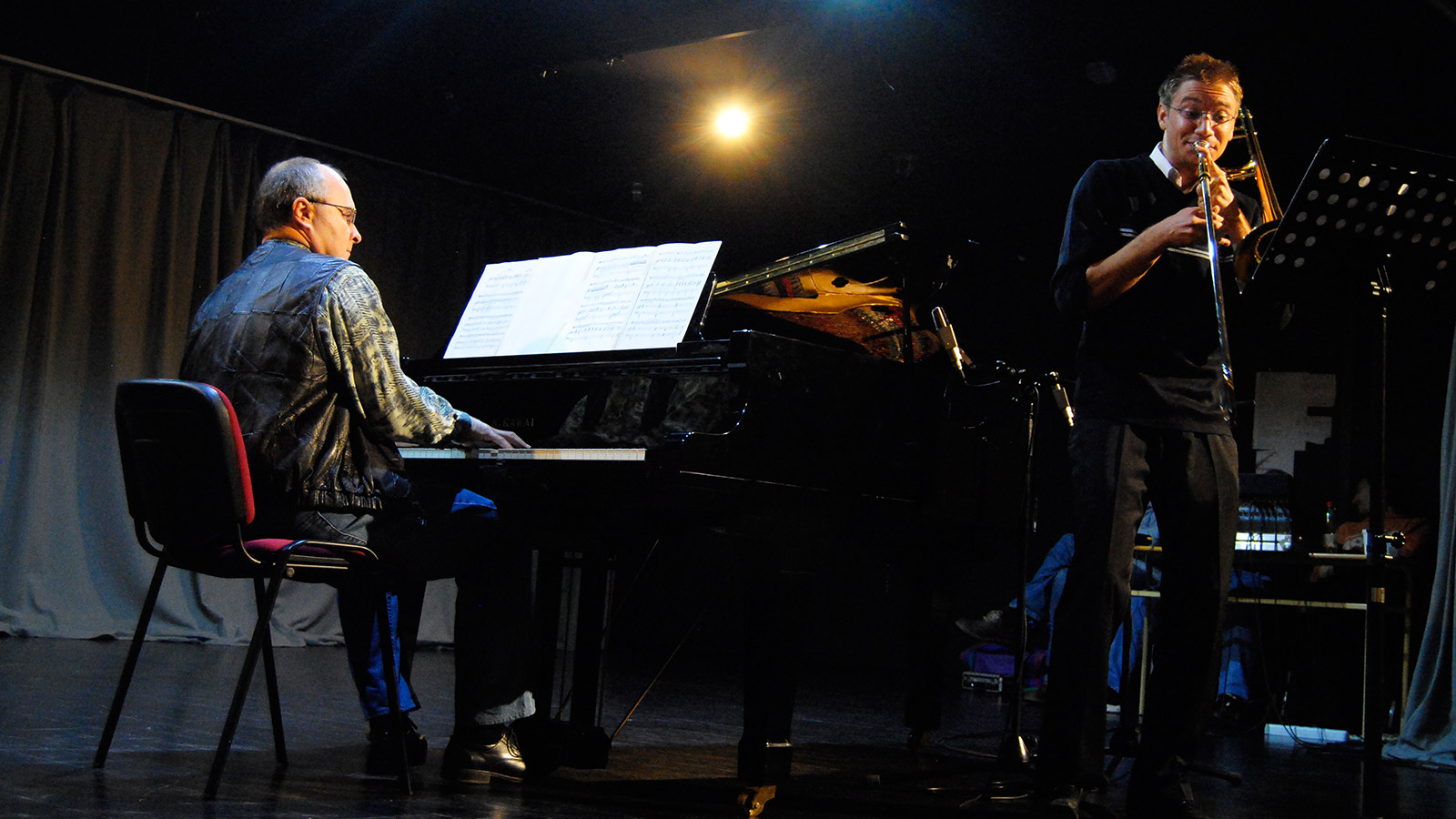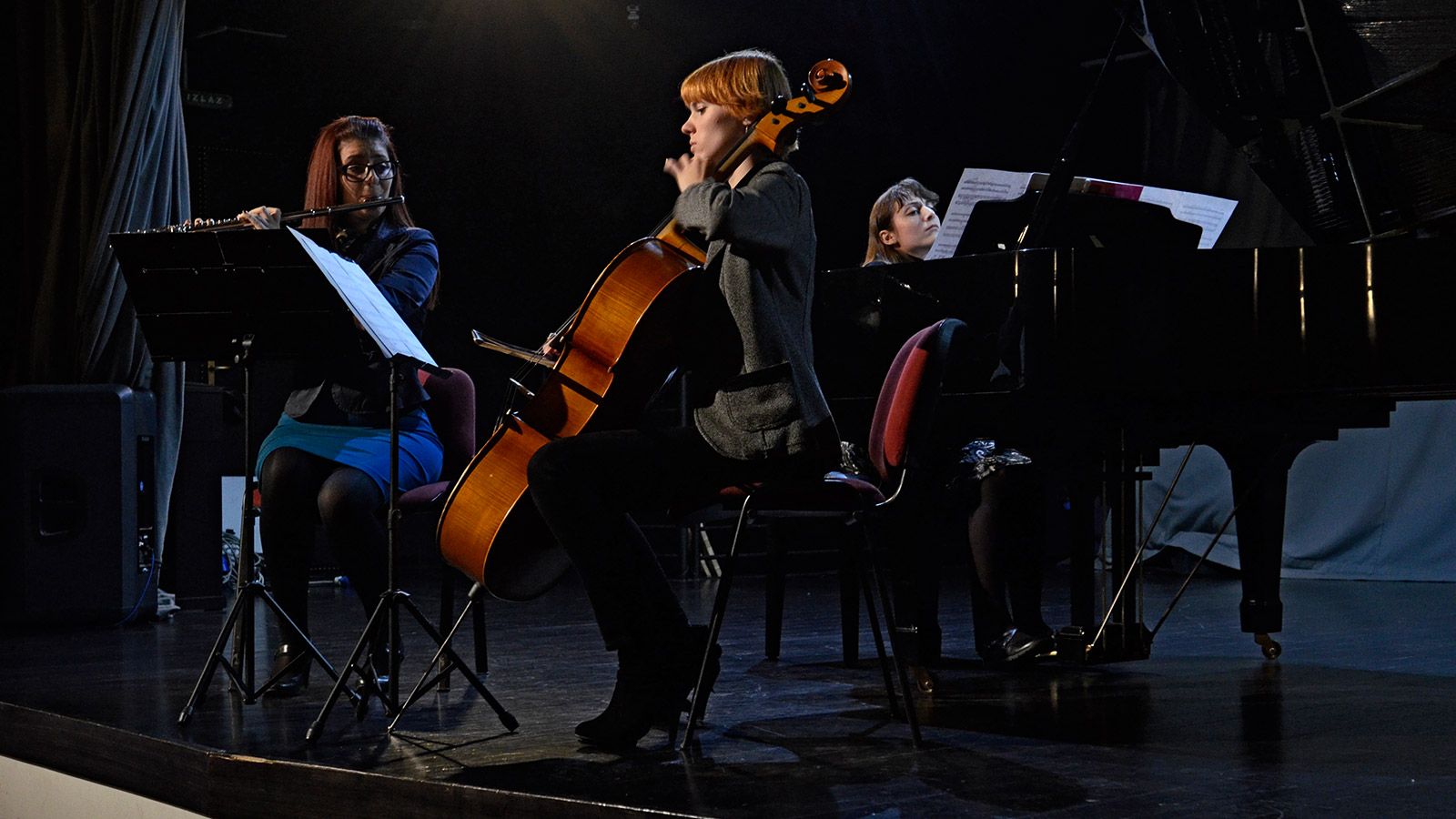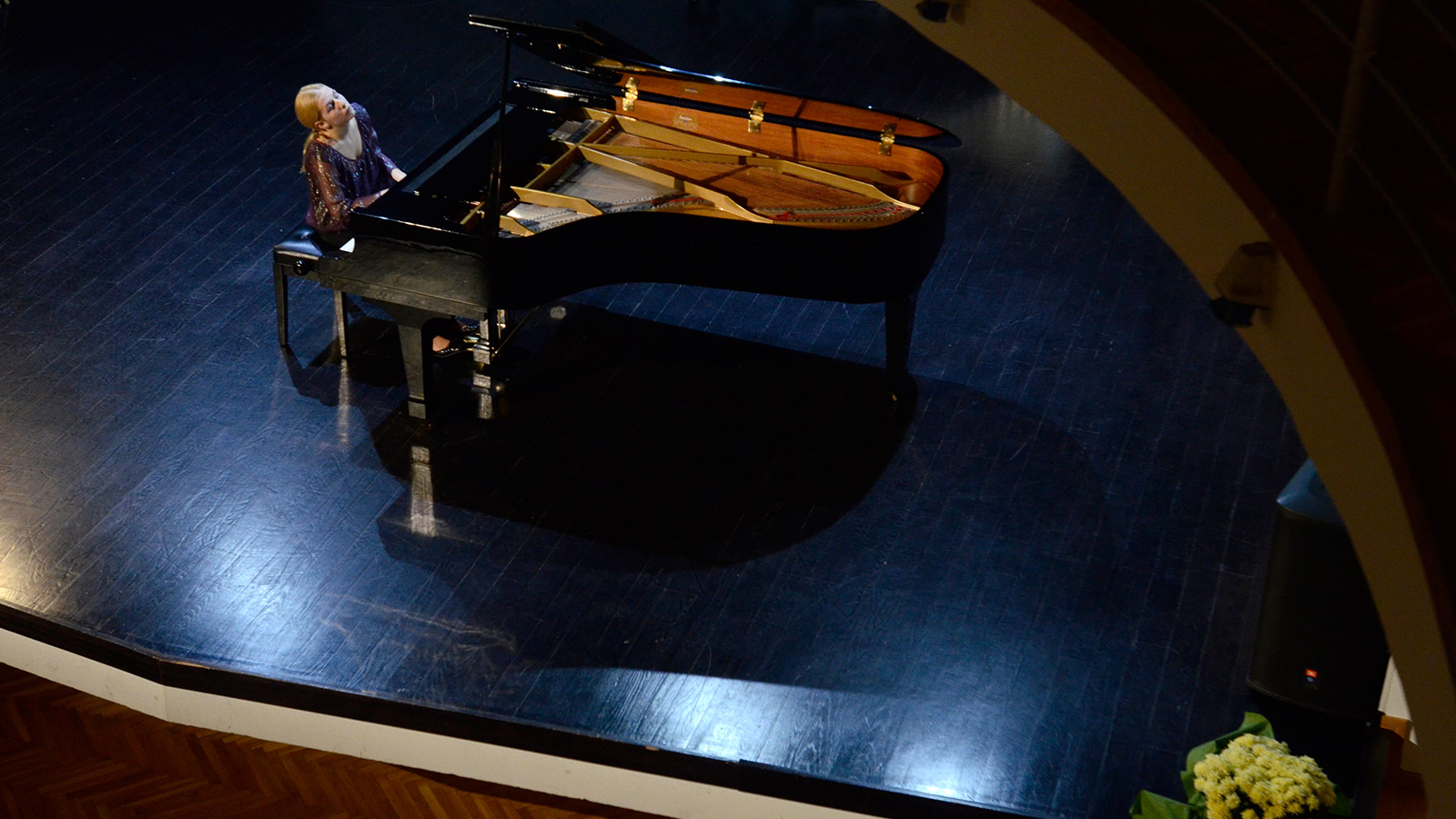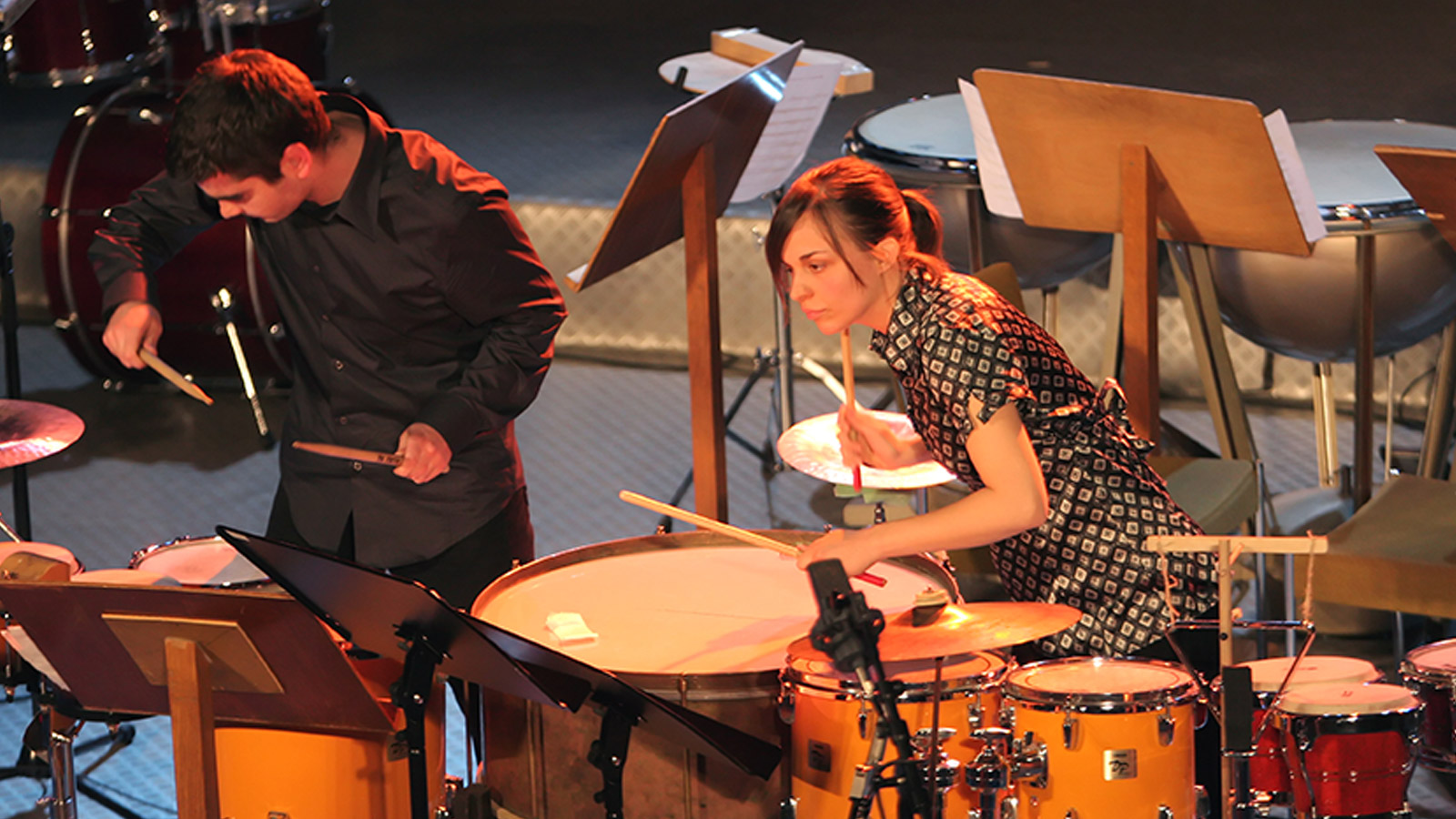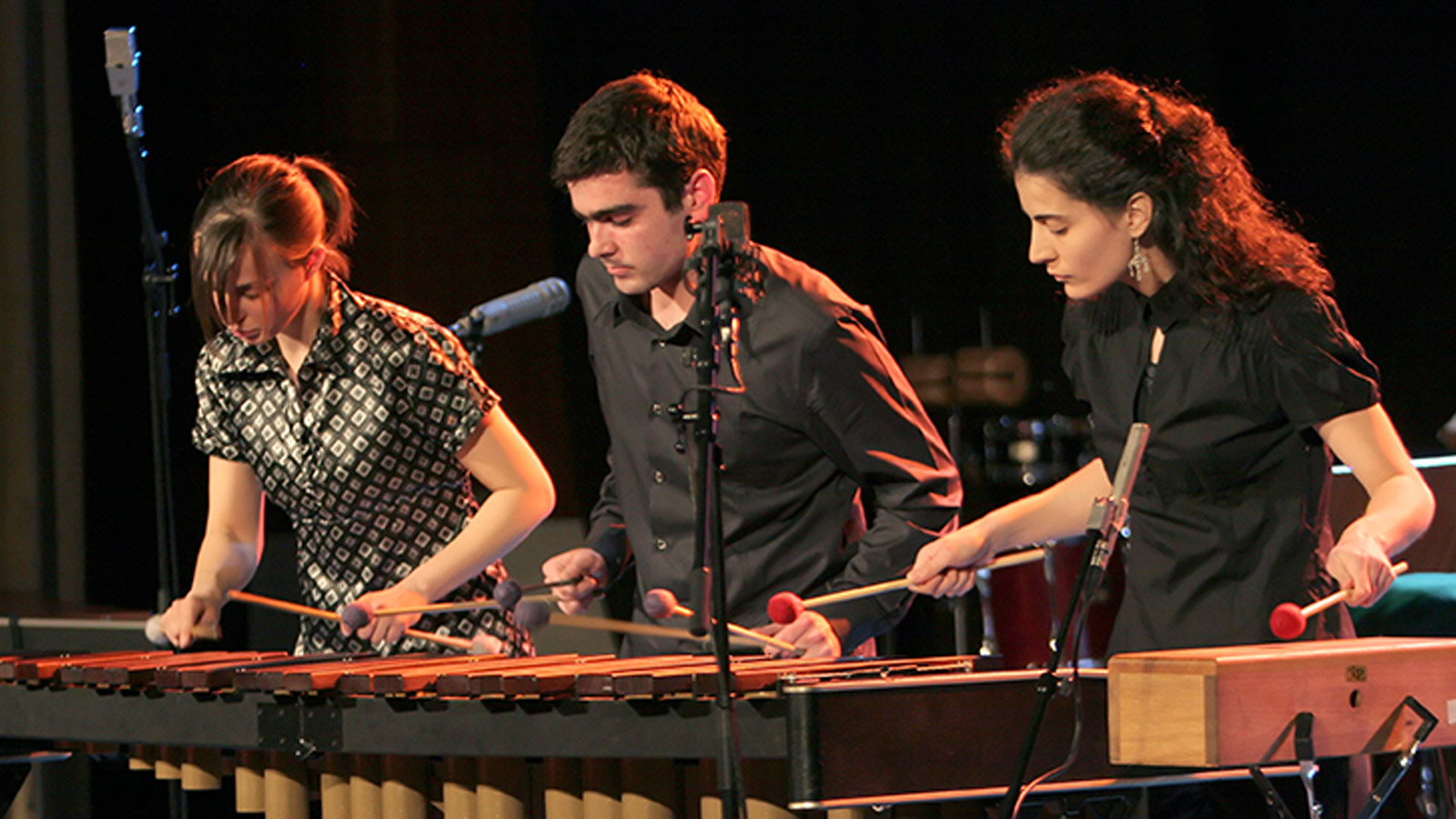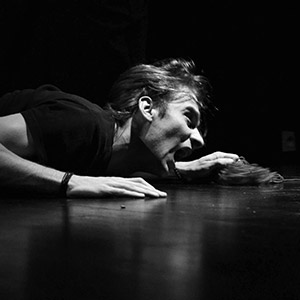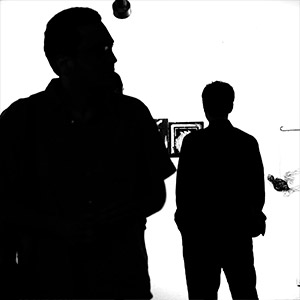The Department of Music, developed in such a way as to correspond to the ever more complex demands of modern times and the tendencies of synthesis of different genres of music, represents today a “family” of modernised music study programmes. Starting with the years of establishing the recognisable identity of the Academy of Arts in Novi Sad, in which programmes of composition, piano, string instruments, wind instruments and music pedagogy were initialised – and led by composers Rudolf Brucci and Dušan Radić, pianists Evgeny Timakin, Jokuthon Mihailović and Arbo Valdma, violinists Marina Jašvili and Dejan Mihajlović, violist Laslo Horvat, clarinetist Mihailo Kelbli- and some time later, the opening of the studies of solo singing, initiated through the engagement of baritone Octav Enigarescu, and following that, the prima donna Biserka Cvejić, constant activity has been present not only on the innovation and developmental modernisation of the existing programmes’ content, but also on the launching of the study programmes that garnered increasing interest among new generations of students in the country. In this context, classes of guitar, percussion instruments, and later, saxophone were launched. Intending to synchronise our palette of study programmes with the programmes of European institutions of higher education, classes of instruments that were barely represented in our cultural environment, like the organ and the harp, were opened. For nearly two decades, through the programmes of Musicology and Ethnomusicology, studies in the fields of sciences on the art of music have been realised as well, through which the ever more up-to-date interdisciplinary scientific methods have been applied. The first steps in introducing the programme on the study of jazz and popular music have also been made.
Other than through the regular teaching process of compulsory and elective subjects, students gain further knowledge through master classes led by eminent music artists and educators from home and abroad, as well as through various projects realised at the level of regional and broader international cooperation with corresponding institutions of higher education. The contemporary way of career development and new possibilities of presentation in the media, created a necessity for new educational profiles, so the Department offers elective subjects in the field of media, management and applied music as well. Students can also expand their knowledge through various elective subjects that are offered within the Department of Fine Arts and the Department of Dramatic Arts. This way, a contemporary need for broader art education is being instigated, as well as concrete examples of interdepartmental cooperation. Students are offered involvement in numerous extracurricular activities through which they gain an opportunity of performing in concerts or engaging in various media jobs (Concert s of the Academy of Arts, A-fest – festival of classical music, Symphony Orchestra of the Academy of Arts, Chamber Orchestra Camerata Academica etc.), through which they are able to create not only additional space for the development of their personal creative capabilities, but also a more successful collaboration with their colleagues from different study programmes, thus nurturing the atmosphere of creative and productive team work.
The accomplishment of the forty-year development of the Department of and the realisation of its study programmes is further affirmed by numerous prizes and awards that its students receive at festivals and competitions domestically and abroad.
During the academic year, the Department of Music takes part in numerous activities among which are Festival of the students of Music Department “A-Fest”, Concert of the Symphony Orchestra of the Academy of Arts, Concert season, art workshops, open chairs and Master Classes.
STUDY PROGRAMMES
Programmes include teaching and extracurricular activities which prepare students to creatively perform in chamber ensembles and orchestras, lead the career of an instrumental (or vocal) soloist, and through special pedagogical and psychological subjects – work in pedagogic institutions. The main subjects (selection): Instrument; Chamber Music; Teaching Methods – Instrument; Knowledge of Literature; Orchestra Playing; Orchestra.

